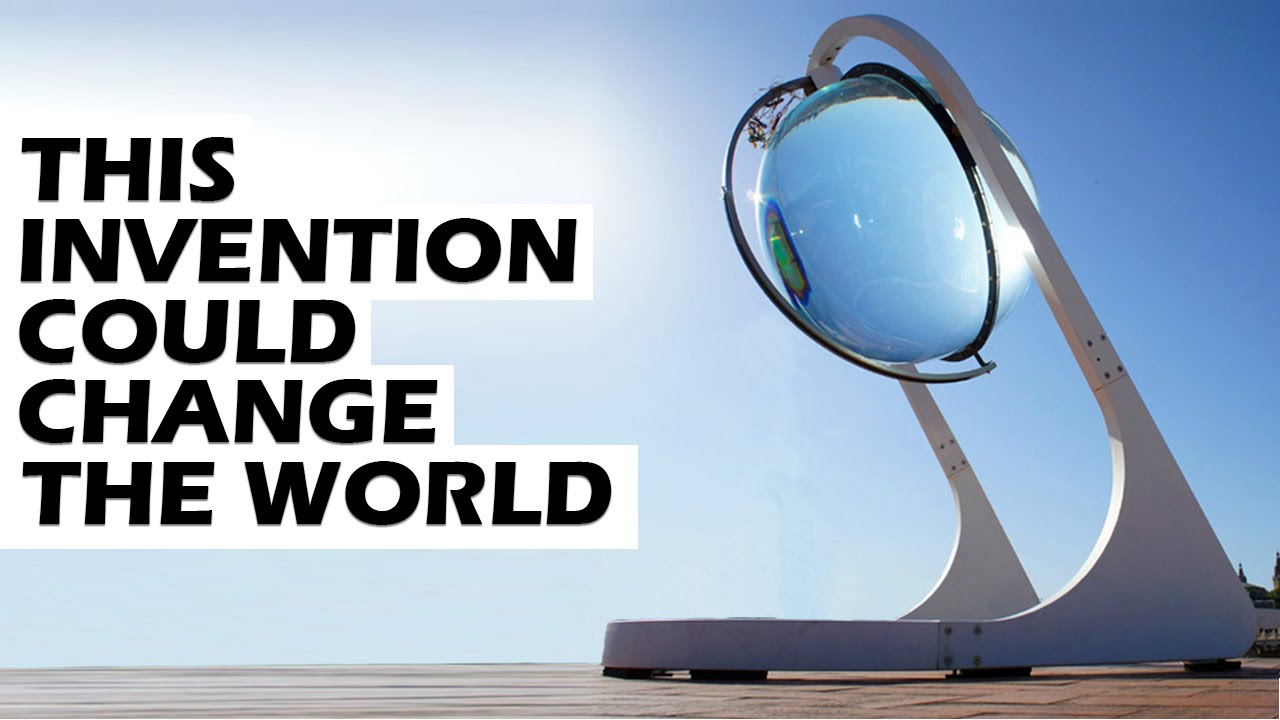
The Next Generation of Smart Devices is upon us, revolutionizing the way we interact with technology and enhancing our daily lives in ways we never thought possible. From smartphones to smart homes, the possibilities are endless as we delve into a world where connectivity and intelligence converge to create a seamless user experience.
Over the years, we have witnessed a remarkable evolution in smart energy devices that have transformed the way we consume and manage energy. The advent of smart meters, smart thermostats, and smart appliances has paved the way for a more efficient and sustainable future.
Smart meters are one of the key innovations in the realm of smart energy devices. These devices provide real-time data on energy consumption, allowing users to monitor and adjust their usage patterns to optimize efficiency and reduce costs. By integrating smart meters into the grid, utilities can better manage energy distribution and respond to peak demand more effectively.
Another breakthrough in smart energy devices is the emergence of smart thermostats. These devices learn user preferences and adjust temperature settings accordingly, leading to significant energy savings and improved comfort. With features like remote access and geofencing, smart thermostats offer unparalleled convenience and control over home heating and cooling systems.
The Internet of Things (IoT) has played a pivotal role in shaping the next generation of smart devices. By connecting everyday objects to the internet and enabling them to communicate with each other, IoT has opened up a world of possibilities for enhancing functionality and efficiency.
Connected appliances are a prime example of how IoT is transforming the way we interact with household devices. From refrigerators that can create shopping lists to washing machines that can be controlled remotely, these smart appliances offer convenience and peace of mind to users.
Smart lighting systems have also gained popularity in recent years, allowing users to customize lighting levels, colors, and schedules to suit their preferences. With features like motion sensors and voice control, smart lighting systems not only enhance the ambiance of a space but also contribute to energy savings and efficiency.
While the next generation of smart devices holds immense promise, it also presents a unique set of challenges. Privacy and security concerns, interoperability issues, and sustainability considerations are just some of the factors that need to be addressed as we continue to innovate in this space.
As smart devices become more interconnected and data-driven, the need for robust privacy and security measures becomes paramount. Ensuring that personal information is protected and devices are safeguarded against cyber threats is essential to building trust among users and fostering widespread adoption of smart energy devices.
Interoperability remains a key challenge in the next generation of smart devices. With a multitude of devices and platforms on the market, ensuring seamless communication and integration between different systems is crucial to delivering a cohesive user experience. Standards and protocols play a crucial role in addressing this challenge and enabling interoperability across devices.
The future of smart energy devices is bright, with continued advancements in technology driving innovation and reshaping the way we interact with our environment. From AI-powered assistants to predictive analytics, the possibilities are endless as we embark on a journey towards a more connected and sustainable future.
Sustainability will be a key focus in the development of smart energy devices in the coming years. By leveraging renewable energy sources, optimizing energy consumption, and promoting energy efficiency, these devices will play a crucial role in reducing carbon footprints and mitigating the impact of climate change.
The integration of artificial intelligence into smart energy devices will unlock new possibilities for automation, personalization, and energy management. AI-powered algorithms can analyze data in real-time, predict usage patterns, and optimize energy distribution, leading to greater efficiency and cost savings for consumers.
In conclusion, the next generation of smart devices represents a paradigm shift in how we interact with technology and manage our resources. With a focus on connectivity, intelligence, and sustainability, these devices have the potential to transform our lives for the better and create a more efficient and environmentally conscious future.